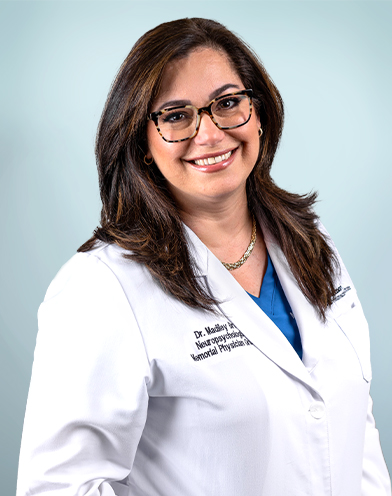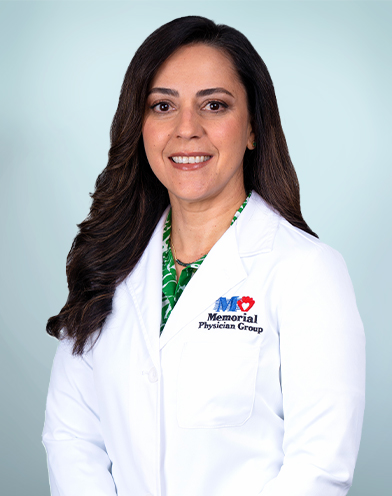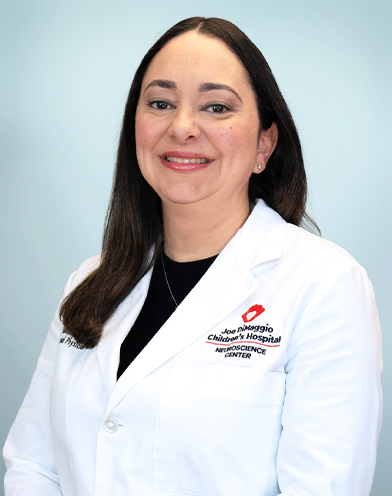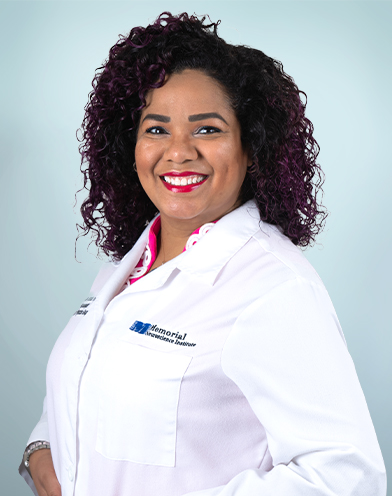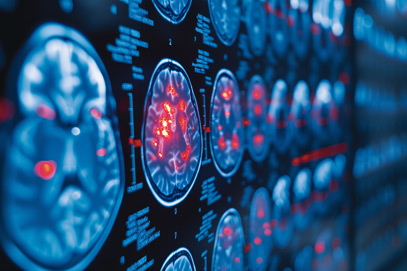
Neuropsychology
Neuropsychologists perform tests to assess how neurological disorders and injuries affect the brain.
What Is Neuropsychology?
Neuropsychology is a branch of psychology that studies brain-behavior interactions. Neuropsychologists perform in-depth tests of brain function to:
- Confirm a diagnosis: Neuropsychologists help diagnose certain conditions. For example, dementia can be caused by degenerative changes, psychiatric conditions and blood flow issues. Neuropsychological testing can distinguish between these causes.
- Determine how well your brain is working: Doctors often want to know how brain injuries and neurological conditions affect how the brain works. Neuropsychological testing determines what functions have changed and by how much. This information provides a baseline to measure future changes and the effects of treatment or surgery.
- Inform treatment strategies: Neuropsychological testing identifies strengths and weaknesses a person may have because of a condition. The neuropsychologist may recommend treatments to help overcome daily challenges.
At Memorial Neuroscience Institute, our neuropsychologists also:
- Assist during surgery: Neuropsychologists lead patients through tests during awake craniotomy. These tests help the neurosurgeon identify brain areas that control essential functions.
- Provide psychological counseling: Neurological conditions may cause depression, anxiety and other mental health issues. Neuropsychologists provide counseling to help patients cope with these issues.
Neuropsychological Testing
Neuropsychological evaluations measure many different aspects of brain function, such as:
- Attention and concentration
- Brain processing speed
- Fine motor skills of the fingers, hands, toes and feet
- Intelligence
- Language, reading and comprehension
- Memory and learning
- Mood, personality and behavior
- Problem-solving and reasoning
- Visuospatial skills to recognize spatial relationships between object
Neuropsychologists customize each patient’s evaluation based on their condition and symptoms. Tasks can be performed verbally, on paper, on a computer or using props and testing could last several hours. The neuropsychologist may also ask to talk to those who know you best to gather more information.
Conditions We Treat
We use neuropsychological testing in the care of many conditions, including:
- Amyotrophic lateral sclerosis (ALS) or Lou Gehrig's Disease
- Brain tumors
- Concussions and traumatic brain injuries
- Dementia, Alzheimer’s disease and memory disorders
- Epilepsy
- Movement disorders such as Parkinson’s
- Multiple sclerosis (MS)
- Stroke
Neuropsychology: Why Choose Memorial Neuroscience Institute?
As part of a leading neuroscience program in South Florida, our neuropsychologists offer:
- Specialized expertise: Neuropsychologists have doctorate degrees in psychology and additional training in neuropsychology. They’re valued team members of the Memorial Neuroscience Institute and play an essential role in our mission to provide exceptional patient care.
- Coordinated approach: Neuropsychologists work closely with doctors to develop customized evaluations and interpret the results. They often provide treatment recommendations that can improve your care and long-term outlook.
- Superior patient experience: Our neuropsychologists take time to answer questions and help you feel comfortable participating in tests. If needed, you can take breaks during testing or complete tests over two days.





